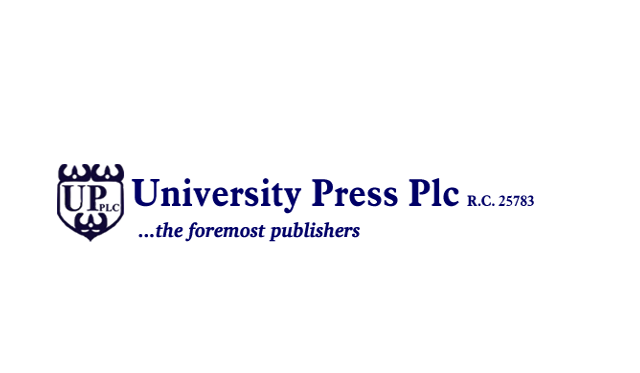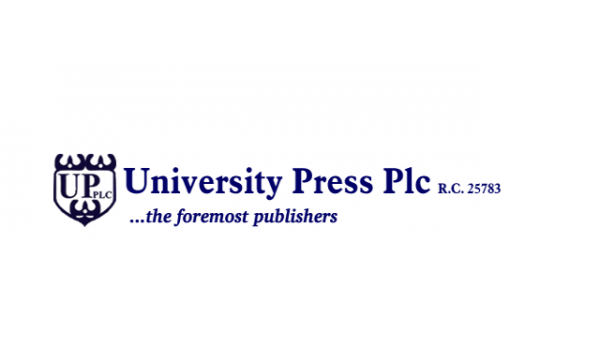You have probably read a book published by University Press at some point. As the foremost printer of educational material in Nigeria, they produce some of the country’s most widely used textbooks. If you’ve studied at a Nigerian school, you may well have used a book fashioned at their factory.
Read more about Brands we love
University Press has a long and proud history. It was set up in 1949 as the Oxford University Press, the Nigerian extension of a British publisher. In 1963, it began indigenizing its titles, and by 1978 it had changed its name to the University Press after becoming a public limited liability company.
Many players in Nigeria’s publishing industry are struggling to get by. Readership numbers are plummeting, and book sales have gone south with them. The older brands in this sphere have seen better days.
But educational book publishing—the category in which University Press is dominant –hasn’t suffered as much. Students have to use educational materials that are in line with the national curriculum. So they purchase books like the ones produced by University Press.
University Press publishes pre-primary, primary, secondary, and tertiary education texts. It also prints dictionaries, encyclopedias, biographies, literature promoting local languages and cultures, and other general-purpose material. Some of these books are used in schools and higher institutions nationwide.
Sign up to the Connect Nigeria daily newsletter
The company manages the entire length of the publication process. It edits, proofreads, designs, prints, distributes, and markets books.
University Press has grown significantly over the years. It’s one of only a few publishers to have listed on the Nigerian Stock Exchange. While its headquarters and main warehouse (one of Africa’s largest) are in Ibadan, it has depots in several Nigerian cities, and an office in Accra, Ghana.
Recognition for University Press’s work has come from many quarters. It has won the Stock Exchange Merit Award twice, the Pearl Sectorial Leadership Award (multiple times), the World Bank Best Overall Performance Award (Africa Region), and the West Africa Institute of Direct Marketing Award, among others.
It’s not clear what the future holds for University Press. The shift towards digitization and the disruption of the traditional educational system by tech-driven alternatives may pose a challenge over the next few years. But the company could thrive even in this new world if it adapts and continues to provide relevant texts to its target demographic.
Featured Image Source: University Press Plc
Got a suggestion? Contact us: [email protected]


